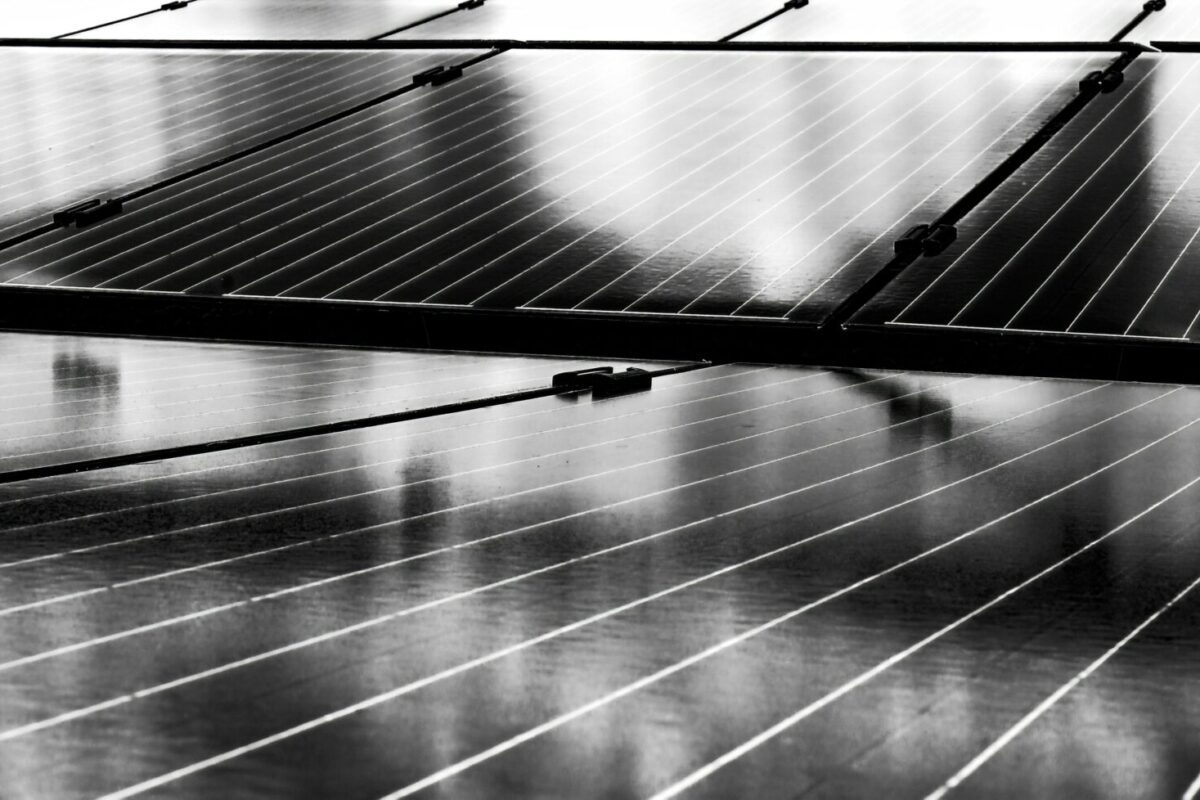An international group of scientists led by China’s Sichuan Normal University has developed a novel coalitional game system that maximizes the collective payoff of prosumers in a community-scale peer-to-peer (P2P) energy trading market.
A coalitional game is part of game theory, in which players form coalitions to achieve common objectives and higher benefits.
“The methods presented in some literature are based on the premise that renewable energy and load can be accurately predicted, and this does not reflect the stochastic nature of the real-world prosumer systems,” said the researchers. “There is a necessity and importance of developing new collational game systems and algorithms that can be applicable to the stochastic P2P energy trading environment with the participation of different types of prosumers.”
To solve this issue, the academics have introduced coalitional rules into the game. One makes sure that prosumers have surplus energy to sell, meaning that their energy consumption should not be higher than their production abilities. The second rule ensures that prosumers assume their energy production is as good as possible, so energy is not underserved or curtailed. To enforce those rules, participating prosumers might be liable for financial penalties and the loss of the collective reimbursements for losses.
The game system considers three types of prosumers – those having only a renewable energy source, such as a PV system or a wind turbine; participants with battery energy storage systems (BESSs); and those relying on both PV and batteries. The game further includes the prosumers’ system size and load, among other parameters.
“In the methodology part of the paper, strict theoretical analysis has been provided to prove the effectiveness of the proposed system in terms of: (1) ensuring economic fairness among the coalition members; and (2) ensuring each member in the coalition can be more profitable in P2P energy trading compared with the situation that it does not join in the coalition,” explained the researchers.
After providing a series of equations to prove the theorems mentioned above, the researchers moved forward to verify them. To do so, they have conducted numerical simulations on MATLAB. The solar radiation and power load data were taken from actual records from Australia, and the P2P energy trading was performed at an interval of 1 hour.
“The areas of the solar panels in the prosumers’ sites are randomly set in the range of 10 m2 – 20 m2, and the energy conversion efficiencies of the solar panels are randomly set in the range of 30% – 40 %,” the researchers explained. “The energy capacities of the prosumers’ BESSs are randomly set in the range of 4 kWh – 5 kWh and the initial state-of-charge levels of the BESSs are set in the range of 30% – 50%.”
To evaluate the impact of uncertainty on the prosumer coalition, the research group created a simulation of 100 prosumers and compared their behavior in a system with and without the coalitional rules set to reduce risks. While in the rule case, the revenue of the coalition increases as more members join, in the no-rule case they sometimes result in a decrease.
The group considered coalitions with 10 and 50 prosumers and the simulation proved that their collective payoffs increased by 33.55 % and 35.67 %, respectively, compared to a system without cooperation. The researchers then investigated the impact of four parameters on the collective payoff: the amount of energy stored in the BESSs, the power load of the prosumers, the size of solar panels, and the relative error between the forecasted and actual net power values.
“It can be clearly seen from the figures that the collective payoff values of the P2P energy trading system increase with the increase of the number of prosumers, the amount of energy stored in the BESSs, and the size of solar panel. The collective payoff values decrease with the increase of the energy load of the prosumers,” they emphasized.
“When the forecasted net power of the prosumer is less than the actual one, decreasing the ratio between the energy stored and the energy produced means that the prosumers sell a small amount of energy to the consumers, which makes the payoff of the prosumers decrease,” they added. “When the prosumer’s forecasted net power is larger than the actual net power, increasing the ratio between the energy stored and the energy produced will lead to a larger default cost; as a result, the payoff of the prosumers will decrease.”
The coalitional game and its analysis were presented in “Uncertainty-aware prosumer coalitional game for peer-to-peer energy trading in community microgrids,” published in the International Journal of Electrical Power & Energy Systems. Scientists from China’s Sichuan Normal University, Chongqing University, Zhejiang Institute of Industry and Information Technology, and Australia’s University of Sydney conducted the research.
This content is protected by copyright and may not be reused. If you want to cooperate with us and would like to reuse some of our content, please contact: editors@pv-magazine.com.



By submitting this form you agree to pv magazine using your data for the purposes of publishing your comment.
Your personal data will only be disclosed or otherwise transmitted to third parties for the purposes of spam filtering or if this is necessary for technical maintenance of the website. Any other transfer to third parties will not take place unless this is justified on the basis of applicable data protection regulations or if pv magazine is legally obliged to do so.
You may revoke this consent at any time with effect for the future, in which case your personal data will be deleted immediately. Otherwise, your data will be deleted if pv magazine has processed your request or the purpose of data storage is fulfilled.
Further information on data privacy can be found in our Data Protection Policy.